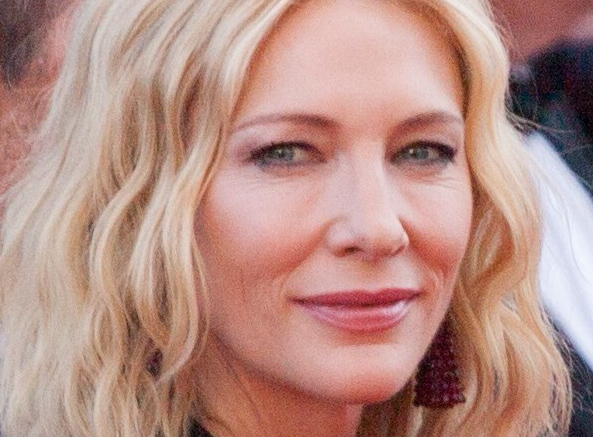
“We supply some $112 billion to the nation’s GDP each year. We employ vastly more than coal or iron ore,” writes “The Gadfly” columnist and author ROBERT MACKLIN.
IT’S the nature of the arts community that we live in hope. After all, the material we work with is the human condition. We live with the hope that the glass is half full, not half empty for that way lies despair and futility.
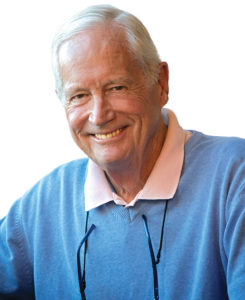
So against all the odds we hung on Scott Morrison’s every word at his recent Press Club address, hoping that he’d at least recognise our existence, and even throw us a bone.
We waited in vain. We should be used to it by now. Many of us grew up in the pre-Whitlam era when the federal government was actually censoring literature such as D.H. Lawrence’s “Lady Chatterley’s Lover” and Philip Roth’s “Portnoy’s Complaint”. Films such as Fellini’s “La Dolce Vita” and the British murder mystery “Blow-up” joined the earlier banned list; and that included any that dared feature bushrangers!
The Whitlam era was a watershed, but in the years since the Hawke-Keating duumvirate, slowly the old anti-cultural forces have been lowering their dead hands of righteousness upon our communal pursuit of delight and wonder.
And today’s Pentecostal PM, alas, is becoming their bullying Master and Commander.
We are not quite without allies. Morrison might have banned us from the A Train, but at least the two Bs – Premier Gladys and Chief Minister Andrew – gave us a seat in economy class. But while we dips our lid in acknowledgement, their meagre contributions only highlighted the sightless orb turned our way by the purblind Nelson in The Lodge.
It’s not as though we’re an insignificant contributor to the government’s beloved economy. We supply some $112 billion to the nation’s GDP each year. We employ vastly more than coal or iron ore. We engage and entertain literally millions of our fellow Australians; many of whom become our eager bedfellows in that lovely quiet time before lights out.
And given half a chance our books, films and television series could become major contributors to the national balance of trade.
One of our more impressive exports from the arts put the issue as gracefully as we’ve come to expect from her: “The virus is here to stay,” she said. “We will have to live with a mutating, evolving, shifting threat. We are asked to live with doubt, uncertainty and the unknown.
“Seemingly vast divides – whether political or viral – can leave us frightened and paranoid, more likely to draw back than try and bridge them. But art, in its ability to cross social, partisan and even temporal gaps can help foster a shared sense of understanding. And it can teach us about one another, inspiring empathy rather than anger.
“Art matters because it lets us engage with our complex social fabric, allowing us to cross divides and work toward a safer and more meaningful existence together.”
The author was Cate Blanchett writing in “The New York Times” earlier this month.
Another insight reached me in a letter from a group dedicated to keeping documentary film alive throughout its desperate time in our polity’s ICU. The authors were Australians of sufficient wealth and soul to become philanthropists.
“The arts help us process the pleasure and pain of our shared humanity,” they wrote. “They are critical to the health and well being of our society. Yet despite this, government policy continues to be characterised by neglect and abandonment.”
Why? What are they so afraid of?
robert@robertmacklin.com
Who can be trusted?
In a world of spin and confusion, there’s never been a more important time to support independent journalism in Canberra.
If you trust our work online and want to enforce the power of independent voices, I invite you to make a small contribution.
Every dollar of support is invested back into our journalism to help keep citynews.com.au strong and free.
Thank you,
Ian Meikle, editor
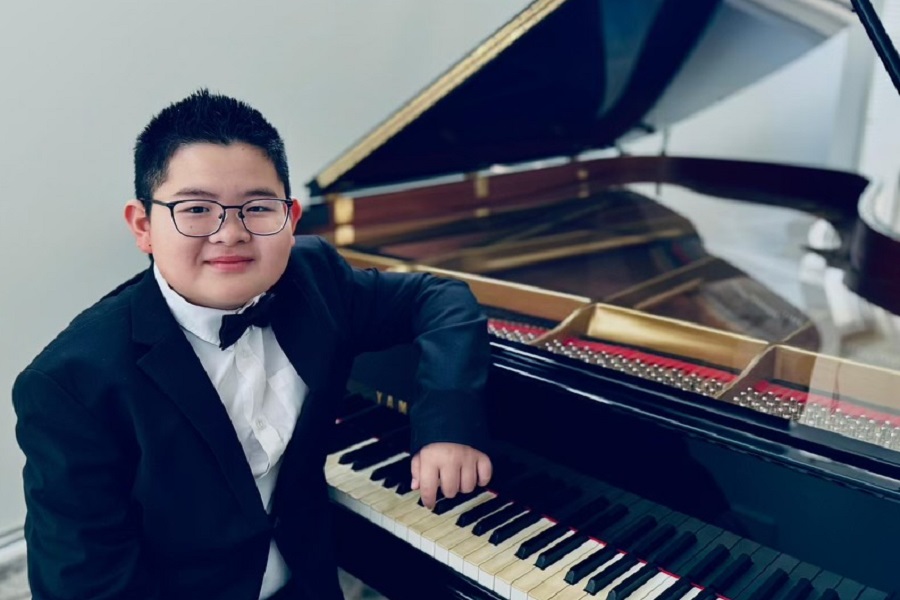
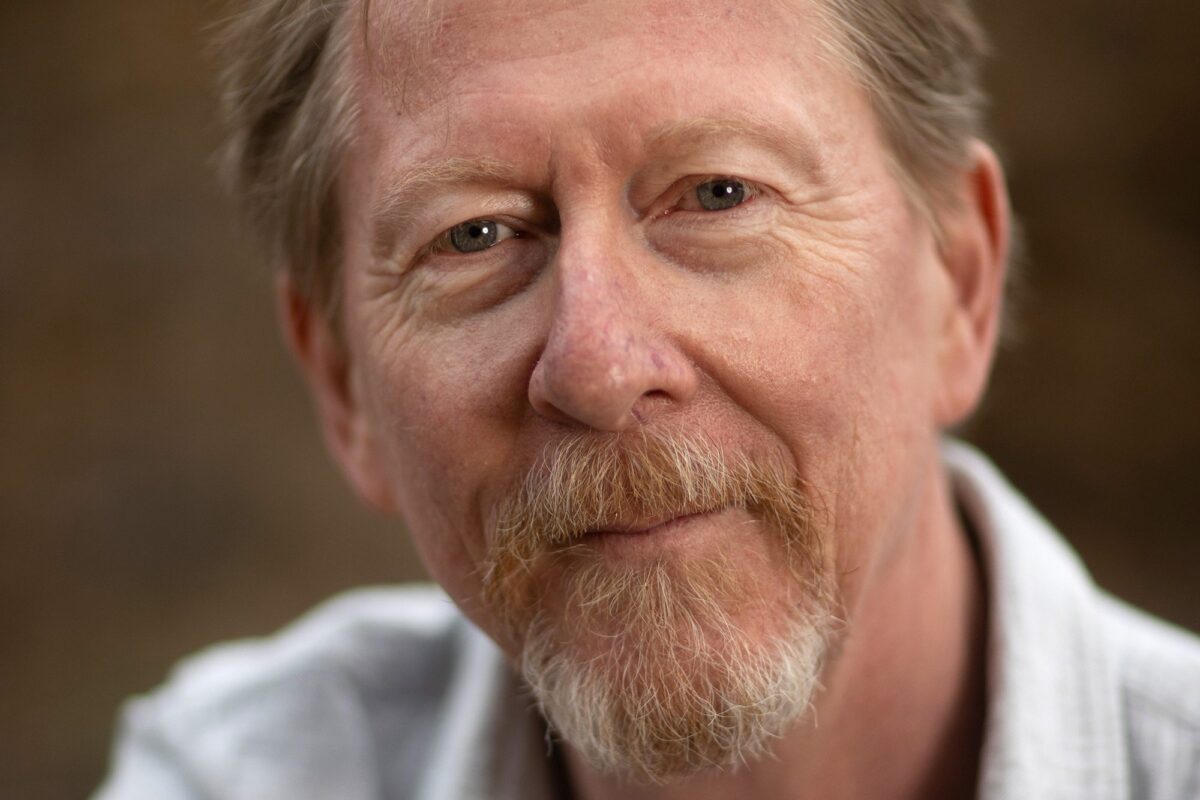
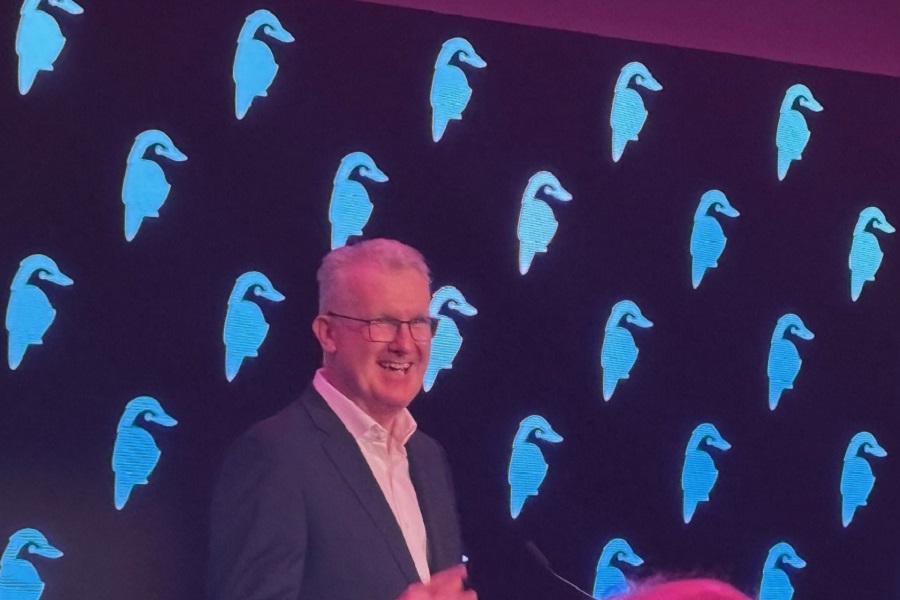

Leave a Reply